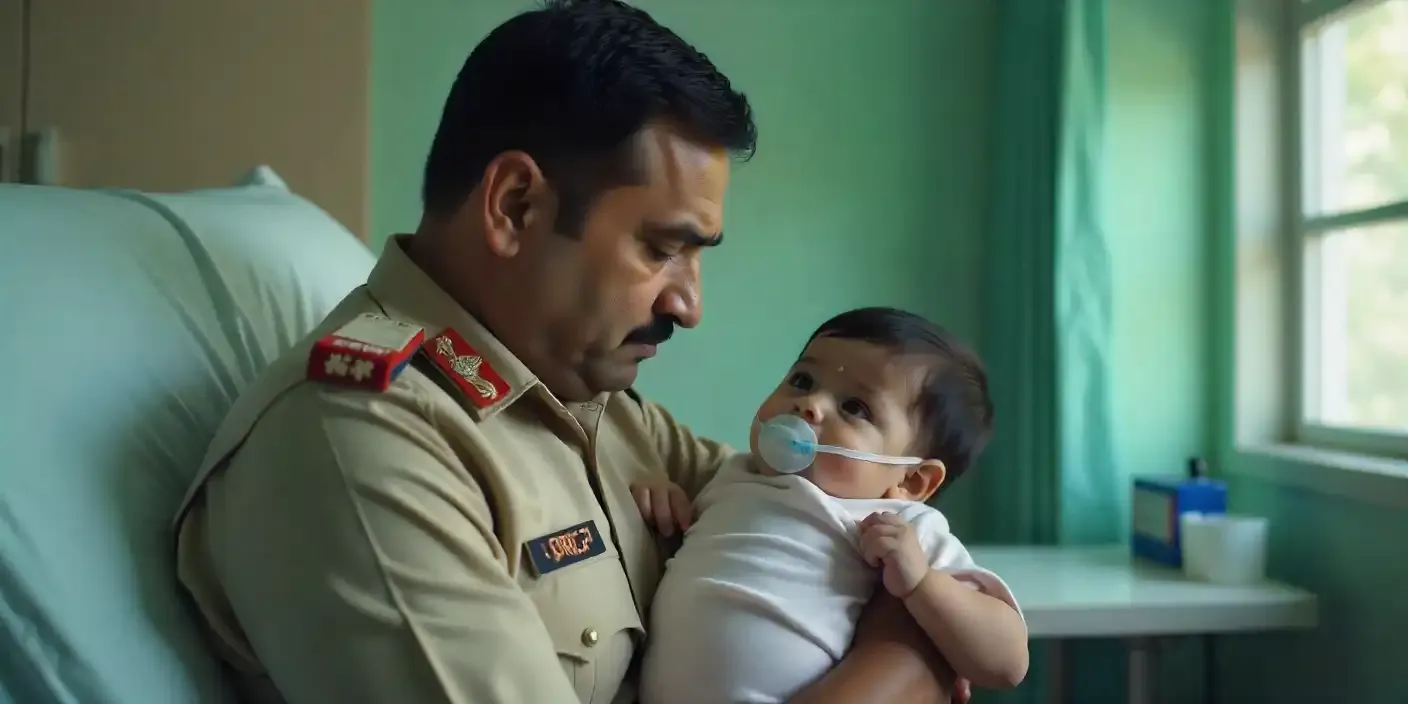Shopping cart
Your cart empty!
Terms of use dolor sit amet consectetur, adipisicing elit. Recusandae provident ullam aperiam quo ad non corrupti sit vel quam repellat ipsa quod sed, repellendus adipisci, ducimus ea modi odio assumenda.
Lorem ipsum dolor sit amet consectetur adipisicing elit. Sequi, cum esse possimus officiis amet ea voluptatibus libero! Dolorum assumenda esse, deserunt ipsum ad iusto! Praesentium error nobis tenetur at, quis nostrum facere excepturi architecto totam.
Lorem ipsum dolor sit amet consectetur adipisicing elit. Inventore, soluta alias eaque modi ipsum sint iusto fugiat vero velit rerum.
Sequi, cum esse possimus officiis amet ea voluptatibus libero! Dolorum assumenda esse, deserunt ipsum ad iusto! Praesentium error nobis tenetur at, quis nostrum facere excepturi architecto totam.
Lorem ipsum dolor sit amet consectetur adipisicing elit. Inventore, soluta alias eaque modi ipsum sint iusto fugiat vero velit rerum.
Dolor sit amet consectetur adipisicing elit. Sequi, cum esse possimus officiis amet ea voluptatibus libero! Dolorum assumenda esse, deserunt ipsum ad iusto! Praesentium error nobis tenetur at, quis nostrum facere excepturi architecto totam.
Lorem ipsum dolor sit amet consectetur adipisicing elit. Inventore, soluta alias eaque modi ipsum sint iusto fugiat vero velit rerum.
Sit amet consectetur adipisicing elit. Sequi, cum esse possimus officiis amet ea voluptatibus libero! Dolorum assumenda esse, deserunt ipsum ad iusto! Praesentium error nobis tenetur at, quis nostrum facere excepturi architecto totam.
Lorem ipsum dolor sit amet consectetur adipisicing elit. Inventore, soluta alias eaque modi ipsum sint iusto fugiat vero velit rerum.
Do you agree to our terms? Sign up

A recent high-profile case highlights the systemic challenges faced by genuine policyholders within India's health insurance sector, where the crucial decision regarding necessary hospitalization is often being superseded by the insurer’s financial prerogative. Assistant Commandant Syam Krishna of the CRPF successfully contested the denial of his claim by Care Health Insurance for the emergency treatment of his four-and-a-half-year-old autistic son, a case that sheds light on the common practice of rejecting valid claims under the controversial banner of "hospitalisation not required."
The ordeal began in June 2025 when the officer’s son, Samarth Bhat, who is non-verbal, fell critically ill in Tura, a remote town in Meghalaya with severely limited medical resources. After initial local consultation for fever, vomiting, and poor appetite failed to improve his condition, Samarth’s health deteriorated rapidly, leading to severe dehydration and weakness.
Given the critical nature of the situation and the child's inability to communicate his distress, Syam and his wife Spoorthi Bhat, an Assistant Commandant with the BSF, undertook a six-hour journey through challenging terrain to seek specialized care at Apollo Excel Care Hospital in Guwahati. Doctors there immediately diagnosed his condition as serious, citing "viral fever with dehydration," and admitted him for intensive care, including IV fluids, antibiotics, and continuous monitoring.
The ‘Unnecessary’ Claim Rejection
Despite the medical team’s assessment and the son’s critical condition, Care Health Insurance rejected the cashless claim almost immediately, citing a clause that admission was "primarily for investigation and evaluation," not treatment.
The insurer also compounded the distress by questioning the family's previous claim history, insinuating misuse of the policy due to multiple past claims. Syam Krishna strongly countered this allegation, stating that insurance exists precisely for genuine medical necessity and that the family had simply followed the critical advice of medical practitioners in a life-threatening situation. He lamented the emotional toll, describing the insurer’s action as "insulting" and a breach of trust for policyholders who dedicate themselves to public service in remote areas.
The situation worsened when the insurer demanded that the parents travel another six hours back to Guwahati to personally collect hospital documents for reimbursement, ignoring IRDAI regulations that mandate insurers must collect such documents themselves.
Ombudsman Overrules Insurer’s Decision
Seeking recourse, Syam and Spoorthi filed a complaint with the Insurance Ombudsman in Guwahati. The insurer reiterated its stance, arguing that the child’s vitals were within the normal range and that treatment could have been administered on an outpatient basis.
However, the Ombudsman's ruling sided unequivocally with the policyholder. Citing the child's vulnerability (autistic and non-verbal), the documented failure of local treatment, the severity of the dehydration, and the necessity of intravenous treatment and continuous monitoring as validated by the hospital, the denial was deemed "totally unwarranted and defies logic."
The final award ruled that the insurer must pay the full claimed amount of ₹42,907, along with $7.25\%$ interest from the date of initial rejection. While the officer had sought compensation for the emotional distress and logistical harassment, the Ombudsman ruled that this fell outside their jurisdiction.
The case serves as a powerful microcosm of a growing national trend. The IRDAI Annual Report for FY2023–24 indicates that health insurers rejected or disallowed claims worth over ₹26,000 crore, with approximately 11% of all health claims formally denied. The "hospitalisation not needed" argument remains one of the most frequently cited reasons, leaving thousands of disciplined policyholders caught in a lengthy, stressful battle between clinical judgment and procedural claim procedures.
13
Published: Oct 28, 2025